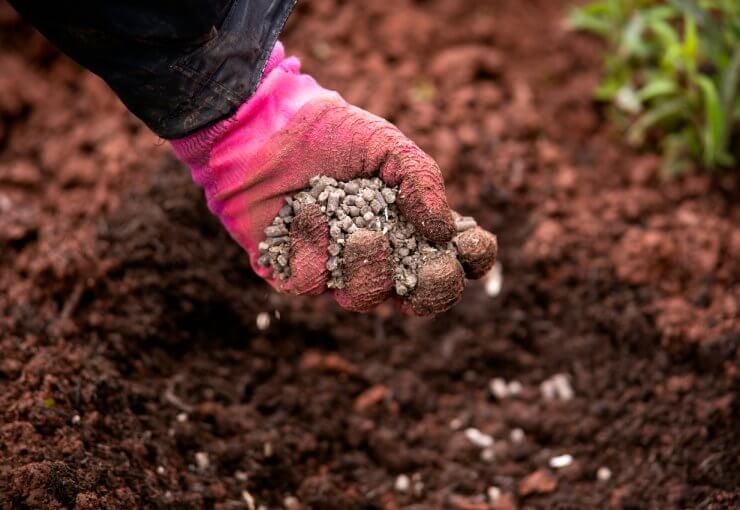
As a kid, the thought of using manure in vegetable gardens turned my stomach. I think it’s because my opinions on manure were initially shaped by the Back to the Future trilogy. In each of the films, there’s a scene when either Biff or Buford crash into a pile of manure, then are publicly shamed while onlookers are understandably grossed out. But I’ve learned that manure is full of great things like phosphorus, nitrogen, and many other nutrients that plants need to grow. From giant horses to tiny earthworms, waste byproducts can be beneficial to your garden. And in terms of fertilizer, manure is much more cost-efficient since it doesn’t need to be created in a laboratory or manufacturing plant. Because… well… it’s animal poop. Plus, the type used in gardens is old manure, not fresh.
But there are some safety considerations when using manure in vegetable gardens. We’ve all heard of food safety recalls over the years when vegetables have been exposed to dangerous pathogens like E. Coli, Listeria, and Salmonella during the harvesting process. This is usually because of manure contamination during the harvesting process, but it can also be from birds flying overhead.
For many gardeners, it’s the reason we decide to grow our own vegetables at home. But even using manure in vegetable gardens at home can lead to foodborne pathogens if you’re not careful. Romaine lettuce is particularly susceptible, according to the University of Guelph. “We’ve actually got some current research going on here that suggests, of all the different lettuce types, E. coli O157 likes romaine lettuce,” says Keith Warriner, a microbiologist at the University. “Especially if it is breaking out of its dormant state. So there is an association with leafy greens and E. coli O157. People suggest it’s a pathogen-vegetable interaction going on, where they’re actually adapted to living on lettuce.”
So now that I’ve plagued you with fear, here are some helpful tips and guidelines when using manure in vegetable gardens.
Discover 7 top tips for growing, harvesting, and enjoying tomatoes from your home garden—when you access the FREE guide The Best Way to Grow Tomatoes, right now!
Follow the 120-day rule
If you are using raw manure, the general rule of thumb is that there should be at least 120 days from adding raw manure in a garden to harvesting vegetables. The extended time allows for manure to break down further into the soil, and for pathogens to die out. If the particular crop does not have direct contact with the soil (think: pole beans, tomatoes, etc) the 120-day rule reduces to 90 days.
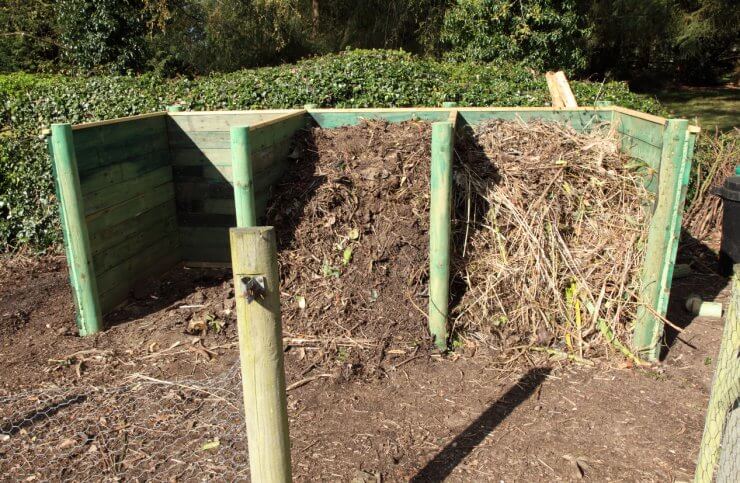
Use composted manure
Another option when using manure in vegetable gardens is to compost it first before adding it to your garden bed. When compost piles heat to at least 140 degrees, they kill off most pathogens and make manure safer to use in your vegetable garden. Not to mention, the good bacteria in manure helps break down your compost and vice versa.
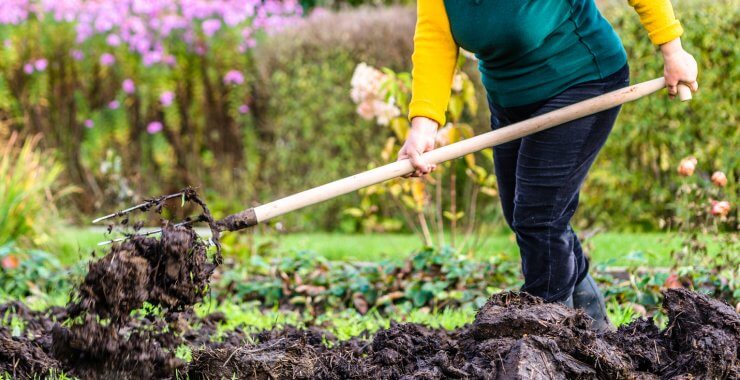
Add manure to the soil in the fall
If you want the soil nutrient benefits of manure without the worry of foodborne pathogens, consider adding manure to your soil in the autumn after your last harvest. The soil and manure combination will continue to break down over the winter and be ready for spring planting.
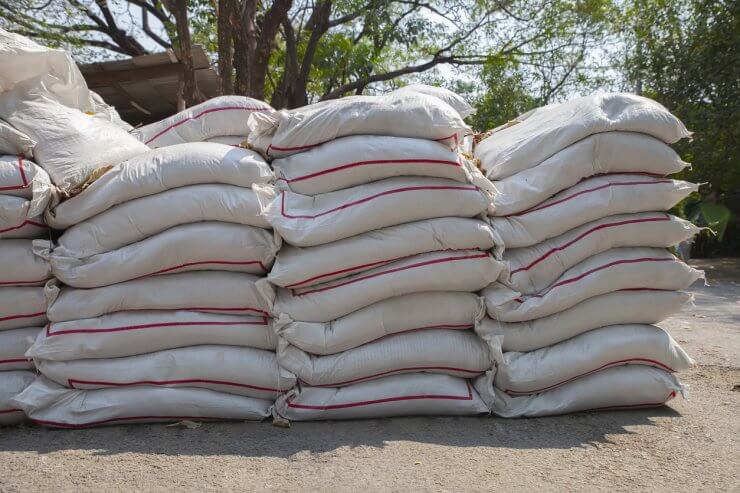
Read the label
When buying manure, be sure to read your labels and purchase manure that says “pathogen-free.” You also want to make sure that the manure you buy does not contain any herbicides which could damage your vegetable garden.
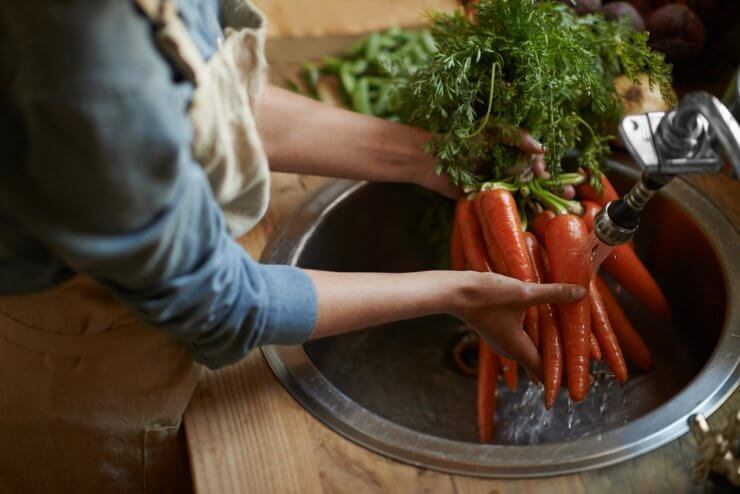
Wash your hands, wash your veggies
Always wash your hands after working in your garden, especially when using manure in vegetable gardens. And don’t forget under your nails! For added safety, you can avoid eating uncooked veggies that were grown in manure, or if you’re less confident in your manure prowess. Be sure to thoroughly wash your vegetables, fruits, and herbs in water before cooking.
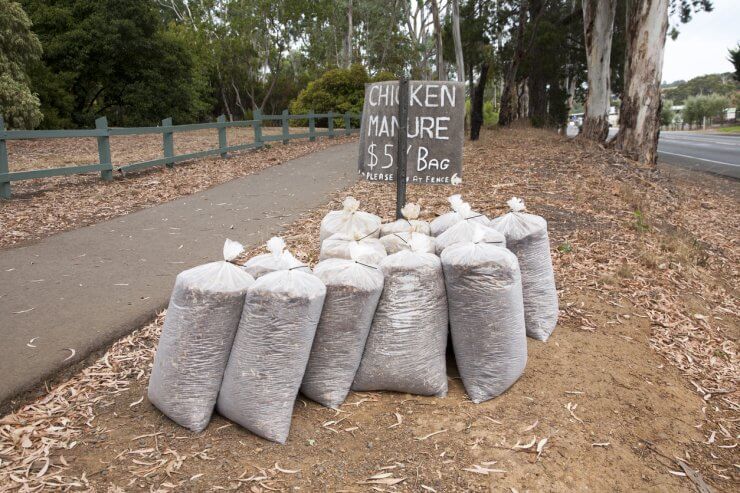
Know the animal it came from
Avoid pig, cat, and dog manure in vegetable gardens because they can contain parasites that can infect humans. Chicken, cow, and horse manure are generally preferred for vegetable gardens. Also, keep your own pets out of the vegetable garden for the same reason.
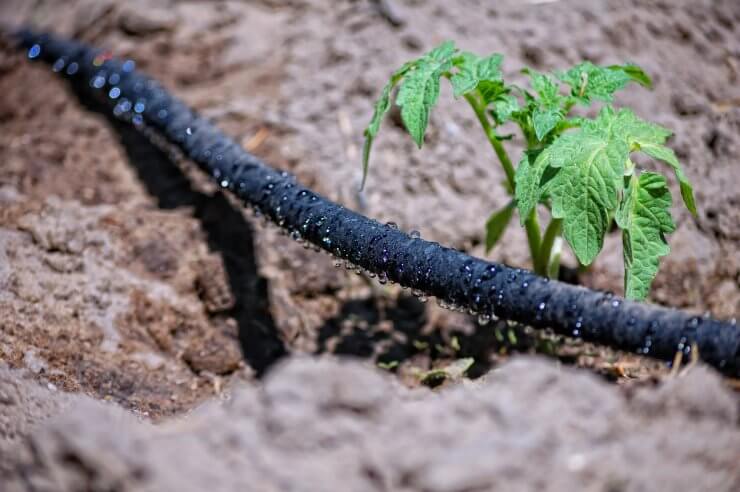
Practice proper watering
Overwatering vegetables can lead to water splashing onto vegetable leaves and fruits. This splashing action can transfer pathogens from the soil onto your vegetables so it’s good to water each of your vegetables according to their specific needs. This is why drip irrigation or other controlled watering is generally preferred when using manure in vegetable gardens. It probably goes without saying, but be sure that the water you’re using in your vegetable garden is safe for human consumption. Mixing unsafe water with manure may introduce new pathogens to an environment where they will thrive.
Once you’ve done your research and prepared your garden space, using manure to add nutrients to your vegetable garden can be hugely beneficial. It’s a great way to incorporate natural fertilizer into your garden and steering clear of chemicals. Much of the preparation and vigilance boils down to common sense. When in doubt, ask an expert at your local nursery or garden store.
Do you have experience using manure in vegetable gardens? What are your safety tips? Let me know in the comments.
Discover 7 top tips for growing, harvesting, and enjoying tomatoes from your home garden—when you access the FREE guide The Best Way to Grow Tomatoes, right now!





What about manure from animals that consume GMO (Genetically Modified Organisms)? Which are highly sprayed with herbicides. Will the GMO & herbicide make it into my organic garden via the manure?
That’s a really good question, and one I’ve researched. Unfortunately nobody has found conclusive evidence, and that includes adding GMO foods into your compost, we simply don’t know if it ends up in our food, but the likeliness of it being in compost seems a lot higher than in manure, where the cow’s body may do some filtering, then the heating of the “pile” afterward does some miraculous things as well. Grass-fed cows aren’t likely to be grazing in land that’s been sprayed with herbicides, so if you get your manure locally, you could look for that. There’s also organic-labeled manure, which I’d like to believe means it came from a safe source. So I don’t have a solid answer for you there, but hopefully some of that helped.